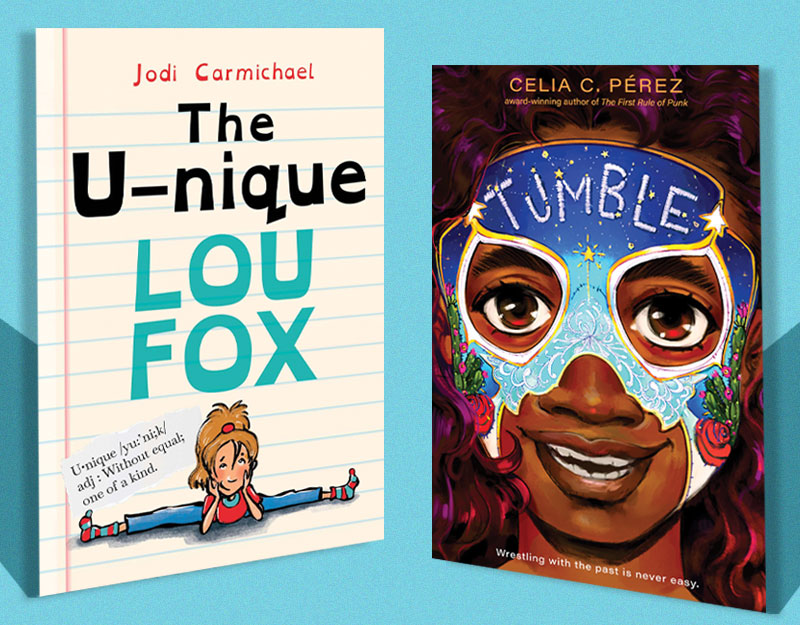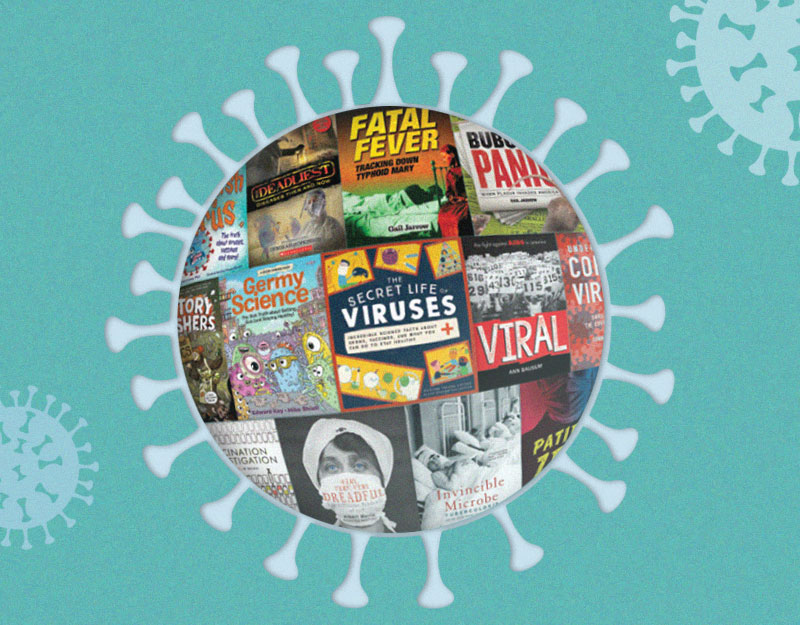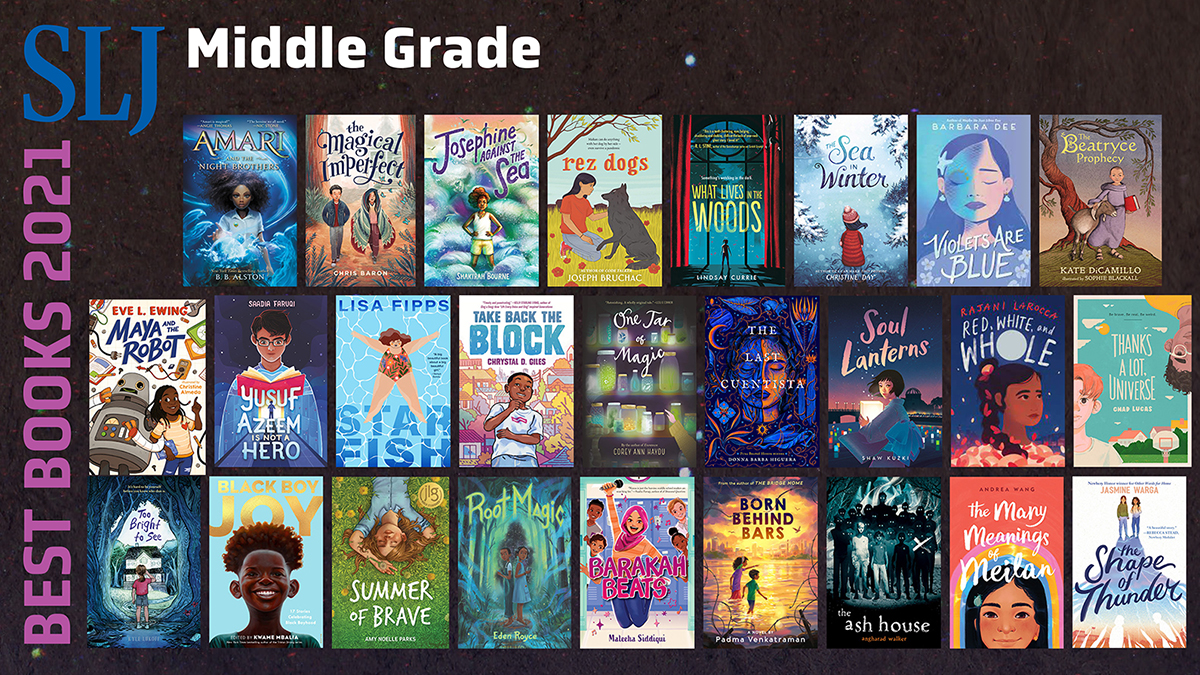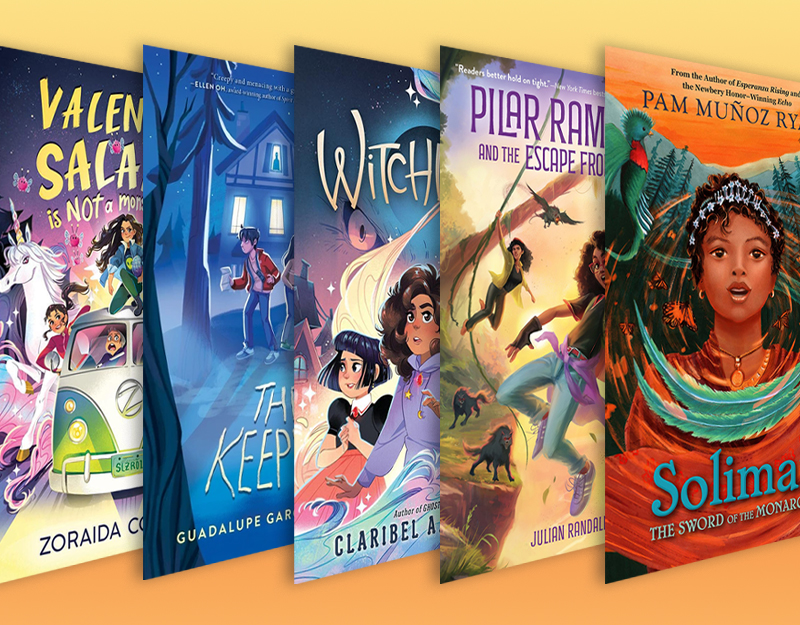RevolTeens: Helping Teens Through Revolting Times, by Christine Lively
While teen contributor Morgan Randall talks about developing healthy habits today, librarian Christine Lively talks today with us about helping teens during these difficult times. Together, these posts combine a two point perspective on helping teens deal with the emotional and mental toll of 2020.
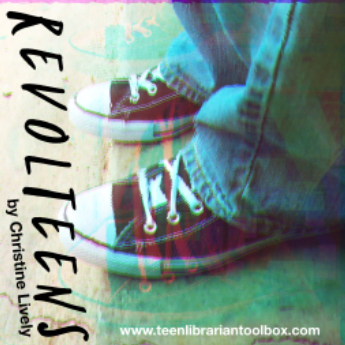
In the past few months, everything has become revolting. The nation, from our workplaces, homes, stores, and our schools are now potentially dangerous because of COVID-19. 2020 has been absolutely terrible. Not only that, but it has been terrible and terrifying in unprecedented ways that affect everyone. We’re all feeling despair and fear. We’ve seen revolt and protest across the country in response to injustice, and nobody knows when the injustice or the virus will end. While this space is usually to highlight RevolTeens who are changing the world, this month I wanted to focus on how the changing world may be changing teens instead.
ADVERTISEMENT
ADVERTISEMENT
Teens are having a terrible time. If you are a teen or know a teen, you know this. Adolescence and young adulthood is a time of milestones and celebrations. They’re one of the biggest markers of growing up. Prom, graduation, college, summer jobs, summer trips, and sports have been canceled or greatly changed. Losing those celebrations and milestones isn’t a small thing. It’s a truly life altering loss. Johns Hopkins Children’s Center senior life specialist Nily Rahman shares this on the Johns Hopkins Medicine Website.
‘“Teenagers are grieving,” Rahman says. “They’ve been working hard and looking forward to these events for years, and now they don’t get to attend a prom or walk across the stage for their diplomas.”
According to Rahman, some of these losses are things parents can’t fix. Well-meaning parents may try to help provide some kind of substitute, but their good intentions don’t always pan out. “One mom I know tried to put on a prom for her kid and it sort of backfired, and made the loss feel worse,” Rahman says.
As an alternative, she suggests teenagers look toward the post-pandemic future, and work on a vision of something that will be memorable and fun.

“We’re asking teens, ‘When you’re finally able to celebrate, what would you want it to look like?’ We’re encouraging them to create collages, vision boards and written plans so they have something they can look forward to, even if it’s different from what they originally pictured.”’
So many of us parents, teachers, and librarians are struggling to reach teens. Looking past the pandemic and knowing that somehow there will be a time “after” can be a much better approach than telling teens that it isn’t so bad or that they haven’t lost everything.
ADVERTISEMENT
ADVERTISEMENT
Rahman also suggests closely monitoring teens’ mental health. The teens in your life may be sad and overwhelmed, and that is definitely to be expected. If you know a teen well, you may be the expert they need to notice when their behavior and moods have changed enough to cause concern. Some warning signs she mentions:
- Sleep changes, such as sleeping more or insomnia
- Eating a lot more or a lot less
- Signs of self-harm, substance abuse or acting out more than usual
- Complaints of body aches that aren’t due to a physical problem
- Isolating more than normal (for example, eating dinner alone in their room)
- Not participating in activities that normally bring them joy
The CDC also offers resources and information for teens themselves. Their website has a page dedicated to information and resources for teens to manage their mental health and stress including hotlines they can call in times of crisis.
Mental Health First Aid also has great tips to help teens cope during COVID_19.
Here are a few tips for mental health and coping from teen Mental Health First Aid that you can discuss with the teens you know.
- Maintain a daily routine with consistent sleep, activity and study patterns.
- Stay connected with others, and try to find moments of humor.
- Talk to people you feel comfortable with about your feelings or worries, then give yourself permission to stop worrying.
- Eat breakfast every morning, plus snacks and meals at regular times throughout the day.
- Limit coffee or energy drinks, as these will increase feelings of anxiety and make it difficult to relax.
- Look for patterns or be aware of situations that make you feel particularly worried or anxious. When you’re in these situations, try relaxation or distraction techniques or ask a family member or friend to help.
- Relieve times of high anxiety with physical activity; engage in regular aerobic exercise (e.g., walk, jog, yoga, dance).
- Limit the amount of time you spend talking about or watching/listening to news media or social media if you are finding information about the COVID-19 situation overwhelming or distressing.
- Do hobbies or activities that you enjoy, calm you down or focus your mind and body. These could be arts and crafts, physical activity, listening to music, reading, journaling, watching TV or movies, or chatting with friends by phone, videoconference or text.
- Understand that the people around you are probably also finding this situation stressful, and they might also be having difficulty controlling their emotions. Try to resolve conflict.
- If you continue to feel overwhelmed, out of control or unable to calm down after a period of weeks, seek help from a mental health professional.
- Take time for yourself.
- Be kind to yourself and each other. We’ll work through this together.
Take care of yourself and of others during this stressful time. Teens need as many caring adults in their lives as they can get. There will be a time for RevolTeens to get back to shaking up the world and showing us a better way forward. Right now, they’ve lost so much. The best way we can help them is to listen, pay attention to how they’re feeling and acting, and get them help – from a trusted adult, a life coach, a therapist, or whomever they really need. Understanding them starts with hearing them, being there for them, and helping them stay safe.
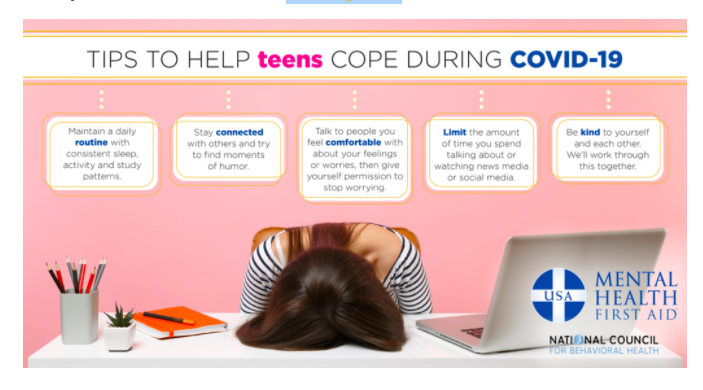
About Christine Lively

Christine Lively a school librarian in Virginia. I read voraciously, exchange ideas with students, and am a perpetual student. I raise monarch butterflies, cook, clean infrequently and enjoy an extensive hippo collection. Christine blogs at https://hippodillycircus.com/ and you can follow her on Twitter at https://twitter.com/XineLivelyFacebookTwitterShare
Filed under: #MHYALit, Uncategorized
About Karen Jensen, MLS
Karen Jensen has been a Teen Services Librarian for almost 30 years. She created TLT in 2011 and is the co-editor of The Whole Library Handbook: Teen Services with Heather Booth (ALA Editions, 2014).
ADVERTISEMENT
ADVERTISEMENT
SLJ Blog Network
2024 Books from Coretta Scott King Winners
The Ultimate Love Letter to the King of Fruits: We’re Talking Mango Memories with Sita Singh
Double Booking | This Week’s Comics
Parsing Religion in Public Schools
ADVERTISEMENT



